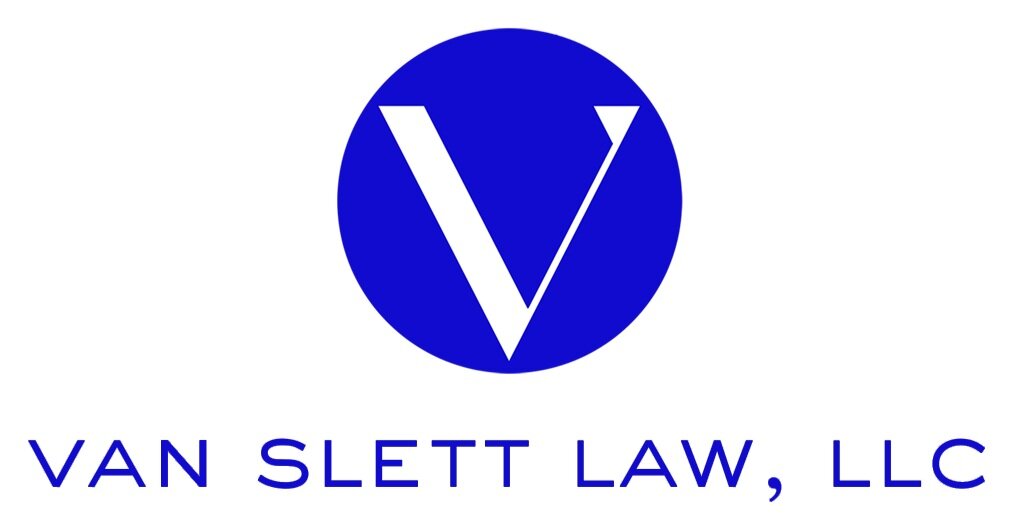Election Day Special: Can I Delegate My Vote to My Power of Attorney?
A power of attorney is an instrument whereby one person, the principal, delegates authority to an agent (also referred to as power of attorney), so that the agent can act on behalf of the principal. The principal can delegate to an agent almost any authority, including the right to buy and sell property, control bank accounts, give gifts to third parties, and exercise voting rights with respect to stocks and bonds. But what about delegating your vote in a public election?
Under common law, there are certain acts that are deemed too personal to delegate, even by power of attorney. Such acts that cannot be delegated include taking an oath, performing personal service contracts, making wedding vows, making a will, and voting a ballot in a public election.[1] Only you can vote your ballot.
That’s not to say that those in need of assistance in voting are out of luck. Though the act of voting a ballot in a public election cannot be delegated, a power of attorney is able to assist by requesting an absentee ballot for a qualifying principal. Also, where an elector needs assistance to carry out the act of voting (e.g., in the case of vision impairment, illiteracy, or physical limitation), Wisconsin law allows the elector to select an individual to assist in casting the elector’s vote.[2] The assisting individual marks the ballot as directed by the elector, and signs under the section titled “Signature of Assisting Individual” (or in the case of voting machines, makes the requisite certification on the registration list).
By power of attorney, you may delegate to your agent authority over the family jewels, but not over “the crown jewel of American liberties”[3] – your right to vote in a public election.
[1] See, Knight v. Milwaukee County, 2002 WI 27 at ¶27, note 6 (citing 77 Wis. Op. Att'y Gen. 156, 157 (1988)).
[2] Wis. Stat. § 6.82(2)(a).
[3] President Reagan used this phrase to refer to the right to vote during a 1982 ceremony where he signed into law an extension of the Voting Rights Act of 1965.
